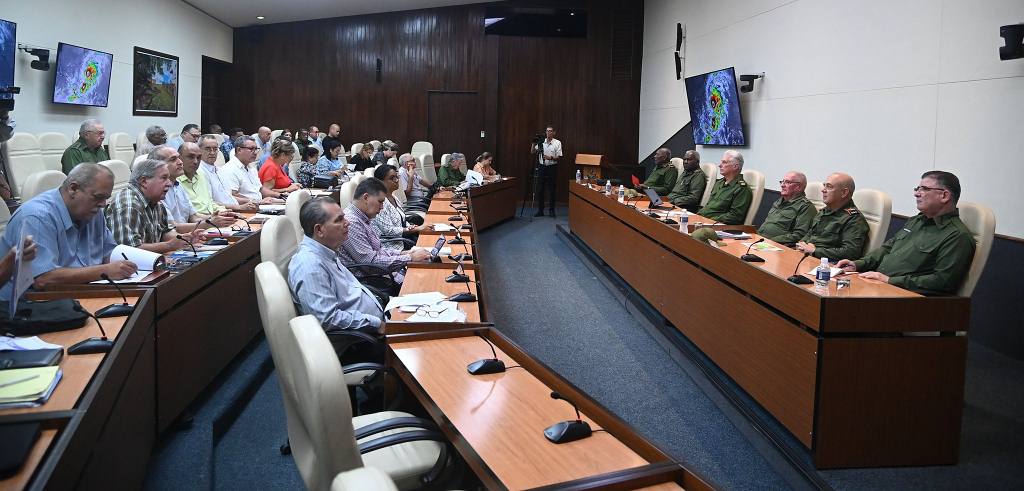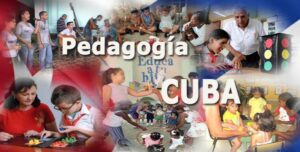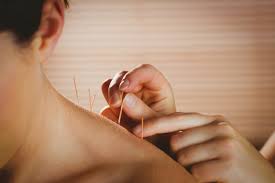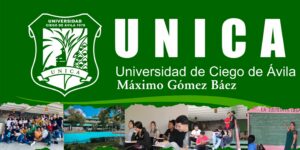In the current epidemiological context in Cuba, characterised by the simultaneous circulation of several arboviruses, the National Health System is reinforcing measures at all its levels of care to guarantee a more comprehensive, organised and effective response.
This is highlighted today by the Presidency of Cuba, in a report on the most recent meeting of experts and scientists for Health topics, headed by Miguel Díaz-Canel, First Secretary of the Central Committee of the Party and President of the Republic.
It emerged there that multiple are the actions designed from the sphere of science to address that reality, taking advantage of lessons left by the confrontation with the COVID-19 pandemic.
Ileana Morales Suárez, director of Science and Technological Innovation of the Ministry of Public Health (Minsap), explained that currently work is being done in three fundamental directions: to counteract the mosquito infestation indices; in the treatment of the disease to find how to improve the protocol of action and, lastly, what to do to eliminate or minimise the sequelae left by these pathologies.
In a particular manner, she assured, priority has been given to research related to the chikungunya virus, with a more recent presence in Cuba, for which specific work has been done on its clinical-epidemiological characterisation, taking into account the behaviour that the disease has been manifesting.
It was learned at the meeting that in the coming days the first clinical study for chikungunya will begin in three hospitals in the province of Matanzas and in one in Havana, with the purpose of verifying the efficacy of using the Cuban medicine Juzvinza to treat above all the manifestations of joint inflammation that persists in many patients, once recovered.
María Guadalupe Guzmán Tirado, director of Research, Diagnosis and Reference of the Research Centre of the Pedro Kourí Institute (IPK), indicated that the increase in chikungunya infections in the country is mainly due to the fact that the virus had never circulated with the current intensity before and therefore the levels of immunisation against it in our population are lower.
That means, in principle, we are all susceptible to the virus which, among dengue and zika, is also the most clinically symptomatic, and also the one that remains active in the blood for the longest time, she explained.
President Díaz-Canel emphasised the importance of continuing to advance in the development of scientific research and innovation for the strengthening and constant updating of the protocol that is followed in the country for confronting arboviruses, taking into account the behaviour of these diseases.
He insisted on keeping the population constantly informed about the effects of these viruses, as well as the actions and ongoing research to counteract them.
We now have a very challenging moment ahead, taking into account the imminent impact of Hurricane Melissa in the east of the country and all that a phenomenon of that type brings with it, he concluded.




